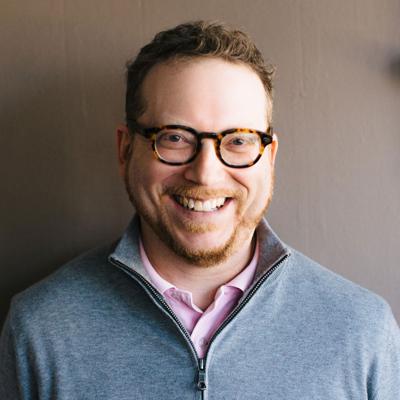
Nathan Kelly
After the expulsion of Democratic state Reps. Justin Jones and Justin Pearson, progressive politicians and commentators raised the alarm that the Republican-dominated Tennessee legislature was attacking democracy. Some even called the body fascist. Even before the expulsions, the legislature took steps to criminalize outdoor protests, restrict gender-affirming care, outlaw drag shows, shrink Nashville’s Metro Council and restrict school curriculum.
The Scene reached out to a scholar on democracy to see what an expert on the topic makes of the situation. Nathan Kelly is a professor at the University of Tennessee-Knoxville who has studied how economic and racial inequalities affect U.S. democracy, and has also researched democracies in Latin America.
The following has been edited for length and clarity.
What’s your take on democracy in Tennessee?
[From a] purely academic standpoint, we probably wouldn’t classify Tennessee as a full democracy at this point. To have a fully representative democracy, you have to have real competition in order for there to be accountability. And in Tennessee … there’s very little real competition, in the sense that one party is very dominant and doesn’t have to worry about what might happen to them in the next election.
I would say, too, that one of the key principles of democracy is welcoming of dissent and welcoming of various viewpoints on contentious issues. I think the issue with the “Tennessee Three” fits right into this theme of a supermajority not being as interested as a pro-democracy party would be in listening to dissent.
We haven’t gotten to the point yet where there are strongly institutionalized restrictions on free speech. … The thing right now that’s closest to [that] is the divisive-concepts bills that have affected both higher education and K-12. I don’t think they quite fit into the category of a complete move on free speech, but it’s definitely in a more authoritarian direction than what you would hope to see in the context of a thriving democracy.
Is the situation in Tennessee unique?
Not completely. There are some states where democracy thrives more fully, but there are a number of states — and I don’t mean to be partisan — that are led by Republicans that are taking actions to decrease competition, to undermine voter rights, to gerrymander in ways so that their representation in legislative institutions … really outpaces the support that they truly have.
Does something like the state’s attempt to shrink the Metro Council fit into that trend of undermining competition?
Absolutely, it does. I think the biggest thing there is that it’s most likely to decrease representation for people of color … in that body. Simply stated, if you have bigger districts, it’s less likely for them to be majority-minority districts.
Activists and others are saying that Tennessee is looking like a fascist or undemocratic state. How much validity is there to some of that more alarmist language?
I think the other end of the spectrum from democracy is not necessarily fascism, it’s authoritarianism. And one of the things that we see from historical example after historical example is that when democracies die, it doesn’t happen in one big event. … Democracies die a slow death by 1,000 cuts. And so, while I think we do have to be careful with our rhetoric and we don’t want to be overly alarmist, at the same time, any move away from democracy is a move toward authoritarianism. And if one doesn’t raise the alarm on initial steps away from democracy, you pretty soon find yourself 20 or 30 steps closer to authoritarianism.
You’ve also done some scholarship on democracy in Latin America. How are those studies applicable when it comes to monitoring democracy at home, even on the state level?
The similarities are relatively subtle at this point. Peru is a place where you’ve had years and years of particular minoritized groups being not fully included [in] the governing process — those being Indigenous people. We’ve had an exclusionary democracy for a long time in the United States, too. … Black Americans, in particular, have not really been fully incorporated into U.S. democracy, except for maybe very brief periods of time.
I lived in Venezuela as Hugo Chavez was in the middle of his reign. Obviously, Chavez was more on the left wing, but it’s authoritarianism — no matter what the ideological stripe is — when you are taking specific actions to prevent your opposition from having a voice. … It was like democracy itself became a partisan issue. And I see that happening in the U.S. too, where democracy itself has become, to some extent, a partisan issue.
And when the parties are fighting about democracy, not just policy disputes within a democratic system, you’re in a very precarious place. And that’s where we’re at right now in the United States.





